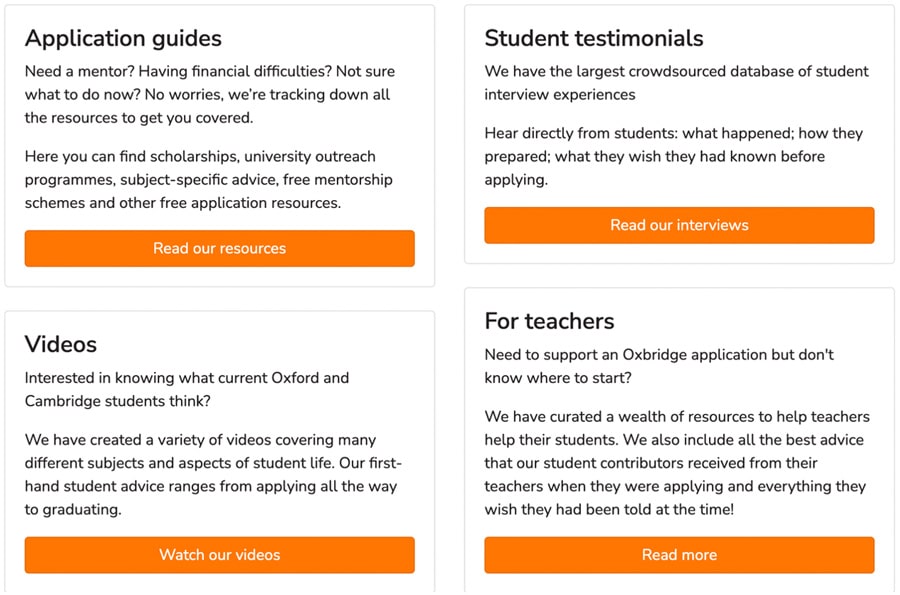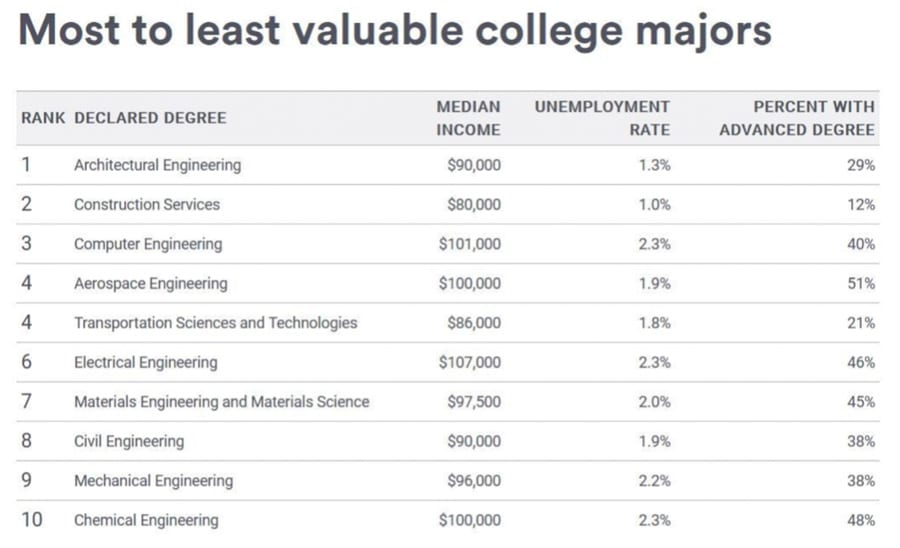Many international students may not be aware of STEM programmes they could apply to
- The more students obtain degrees in science, technology, engineering, and math, the more societies will be able to adjust to the challenges of this century, including climate change
- But a new study indicates that many students do not have enough information about STEM programmes and jobs
- Initiatives in the UK aimed at reducing barriers for less privileged students to apply to STEM programmes offer ideas for how to raise awareness
A new global study commissioned by IBM suggests that many students who might be interested in pursuing STEM degrees are not doing so because they lack knowledge about their options.
The findings may be particularly interesting for relatively affordable universities and colleges, institutions located outside of major cities, and schools offering micro-credentials such as certificates and diplomas.
The study was conducted late last year in 13 countries and involved interviews with 14,000 participants belonging to one of three segments: students (4,926), “job seekers” (4,629), and “career changers” (4,628). All participants “were interested in a role in Science, Technology, Engineering, and Mathematics (STEM).”
The countries included in the study were Brazil, Canada, Egypt, France, Germany, India, Japan, Mexico, Singapore, Spain, UAE, UK, and the US.
Among the key findings are that:
- 40% of students said the greatest barrier to being able to pursue professional or technical skill development was that they didn’t know where to start
- Across all three segments, 60% worried that digital credentials could be costly to obtain
- Many respondents were uncertain about which careers fall in the category of “STEM”
- 62% of respondents were concerned that they would be unable to secure a STEM job with an adequate salary to support themselves or their family
These findings reveal that a sizeable number of international students might consider enrolling in a STEM programme if they:
- Knew more about STEM-related careers and average salaries
- Understood that not all STEM programmes are expensive and that a wide range of institutions offer STEM training and recognised credentials
- Were presented with information that helped them explore and apply to STEM programmes
Increasing diversity and inclusiveness in STEM
There will always be an international student segment that gravitates to STEM degrees in leading destinations, top student cities, and prestigious institutions. Those students are often from relatively high-income families and many of them are from China. In 2018/19, for example, more than half of all Chinese students at the graduate level in the US were in STEM programmes.
But that traditional STEM segment of international students could be larger.
With diversification a goal for educators in most destinations, and with governments needing to attract more international students and workers to STEM jobs, expanding awareness of STEM programmes in emerging student markets is key.
There is something to be learned from the strategies some higher educations and associations in the UK are using to encourage students from lower-income and/or marginalised households to enrol in STEM. These strategies provide great ideas for how to reduce barriers to STEM enrolment in new student segments/markets.
For example, Imperial College London created online webinars aimed at informing Black students about its many STEM courses and how to apply to them. Some of the seminars were hosted by Black alumni, thereby leveraging the power of peer endorsement and guidance in influencing prospective student decision-making.
Similarly, InsideUni is a student-run initiative whose goal is to help students from disadvantaged backgrounds to apply to Oxbridge (Oxford and Cambridge universities). As an article in Kinesis Magazine explains, part of the success of that initiative is that it relies on current students' guidance:
“The insight provided by the online space is rooted in students’ experiences with the application process. From preparing for interviews to sending off applications, the advice available to disadvantaged students is provided by students from similar backgrounds who are cognizant of the difficulties and barriers that low-income students face.”
The InsideUni website offers a master class in how to present useful advice on a homepage:

Close the information gap
The IBM study revealed that many international students may not know the value of a STEM degree as it relates to income. This is a problem that easily fixable by presenting information – on the institutional website, to agents, in webinars and student fairs, etc. – that clearly indicates average salaries in STEM. That kind of information is readily available. The screenshot below is from a 2021 WeForum article outlining the findings of a study on the value 159 US college degrees by personal finance company Bankrate.

If affordability is an advantage, make that clear
Many valuable STEM credentials are offered outside of world-ranked universities and in smaller cities or regional areas. Institutions that have high-quality STEM programmes that are also affordable may well have a competitive advantage in relatively price-sensitive emerging markets. In 2023, those markets are plentiful, as inflation spirals upwards across the globe.
Equipping more of the world’s international students with STEM skills – that they can either contribute to host economies or bring back to their own countries after study – is going to important to all of us as the world rapidly transforms and confronts challenges such as climate change. Those colleges and institutions offering STEM programmes that are accessible to all students therefore have a vital role to play as we move forward through this decade and beyond. The key will be making more students aware that these programmes exist.
For additional background, please see:
















